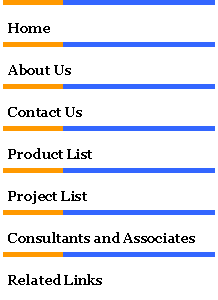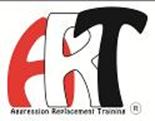|
G & G Consultants, LLC |
|
For every CHALLENGE, there is an OPPORTUNITY... |




|
Thinking for a Change (T4C) is a multi-modal cognitive behavioral interventions that combines the techniques and principles from Cognitive Self Change, Skills Training, and Problem Solving. National Certification for trained Group Facilitators is available through the Center for Credentialing and education. |
Product Summary |
Key Benefits· Three interdependent cognitive approaches · Based upon Cognitive Restructuring, Cognitive Skills and Problem Solving strategies · 22 Lessons well formatted and easy to follow · Participants attend at least two sessions per week |
|
Call for fees |
|
Thinking for a Change The Thinking for a Change curriculum uses as its core, a problem solving component, embellished by both Cognitive Restructuring and Cognitive Social Skills interventions. While each of the concepts are presented systemically, the participant quickly learns and appreciates that Cognitive Restructuring does require some Cognitive Skills methods, as does Cognitive Skills require an objective, systematic approach to identify thinking, beliefs, attitudes, and values. The Cognitive Restructuring concepts are introduced and emphasized during the initial eleven lessons of the program, interspersed with targeted critical social skills that support the cognitive restructuring process. This is followed by the problem solving techniques (lessons 16-21), again supported by appropriate social skills to embellish that concept. Simultaneously, the problem solving portions of the curriculum relies upon the restructuring concepts and techniques already introduced to the participants, thereby integrating all three approaches. By the time participants reach the twelfth lesson of the program, the Cognitive Restructuring techniques are so ingrained in their repertoire of competencies, that it is no longer required to be emphasized as a separate entity, becoming second nature to the offender participant. By the 22nd lesson, participants are ready to evaluate themselves using a skills checklist, in order to develop their own cognitive skills (advanced) curriculum.
|

|
Phone: 518-229-7933 (MOBILE)
E-mail:artgang01@gmail.com |
